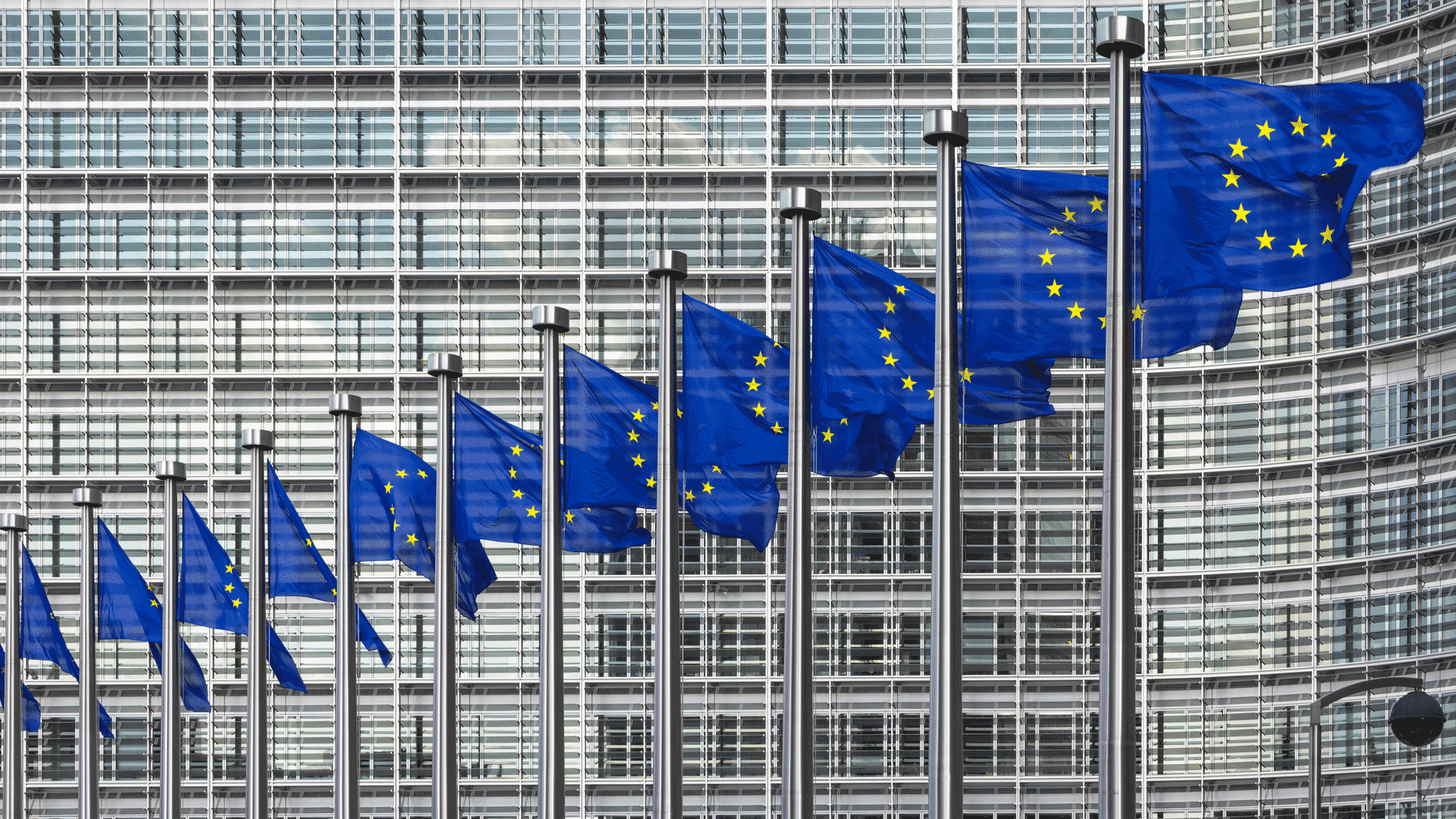
The Digital Markets Act (DMA), a regulation the content of which was agreed among European Union officials last month, will most obviously impact tech giants — “gatekeepers,” as they are referred to — like Amazon, Apple, Google, Meta and Microsoft. The rules would apply to providers of almost any kind of digital services, but a quantitative test means it applies in practice to to companies with market capitalization of €75 billion or turnover in the European Economic Area equal to or above €7.5 billion.
Downstream effects. That doesn’t mean it won’t have downstream effects on marketers in general. To learn more we spoke with Tara DeZao, product marketing director for adtech and martech at Pegasystems. Pega, a long-established customer engagement software provider, offered significant thought leadership in the run-up to GDPR. DeZao sees the DMA as just one of a number of challenges coming down the road.
“It really impacts upfront the big five tech players,” she said. “It will have downstream effects on smaller publishers and any organizations that are reaching their consumers through these platforms.” While just about every brand needed to focus on GDPR compliance, many will now be thinking that this new legislation is something that doesn’t affect them. That’s not necessarily the case.
A brand media manager may want to reach an audience on Facebook, Instagram and WhatsApp. “Now Meta will need to get consent from users to move data between the applications. That alone is going to be challenging,” said DeZao.
Unforeseen impacts. “One of the things I think is overlooked is that this is going to create effects we’re not aware of yet. With GDPR, instead of cleaning up their act and remedying things that are annoying to consumers, publishers decided to put a bunch of cookie walls up. Now you go on the internet and you have to click ‘accept’ a million times.” DeZao predicts similar annoyances for consumers coming out of the new legislation.
Penalties under the Act are likely to be severe — between 10% and 20% of annual global turnover. “GDPR’s were high too,” DeZao said, “but we’re seeing enforcement issues. Companies are getting tied up for years in the judicial system. So far, large fines have been levied against large organizations, but it’s not being enforced on the scale we originally thought.”
Read next: Europe moves to end dominance of Big Tech
Good for the tech marketplace. On a positive note, the constraints the legislation will place on the big platforms expanding through acquisitions will “allow more technologies to rise up and be sustainable long-term,” said DeZao. “I think that’s good for everyone. It’s good for competition, it’s good for the consumer, it’s good for the marketplace.”
Of course, there’s not going to be real clarity on the impact of the Act until the European courts start to interpret it. “The DMA has some vagueness in it because the EU is purposely trying to give themselves some wiggle room to enforce it.”
A detailed European Parliament briefing on the proposed legislation can be found here.
Why we care. While many will welcome what will be seen as the EU placing antitrust-style shackles on these dominant platforms, it’s very hard to know what the ultimate outcomes for consumers — and indeed brand marketers — will be. DeZao does not over-state the vagueness of the proposed legislation. Article 6, for example, provides for requirements that will be specified following a dialogue with the gatekeeper companies after the law is passed.
Get the daily newsletter digital marketers rely on.
One unintended outcome might be that the DMA disincentivizes the growth of already large companies — something not necessarily good for their consumers; and while it might encourage independent innovation, there are many startups, of course, that wish and intend to be subject to acquisition.
What doesn’t seem to be in question is that the Act will be passed. Only subsequent to that will we really see what its effects are.





